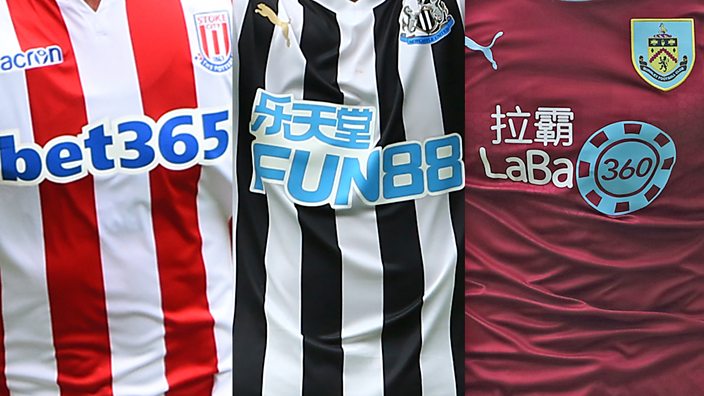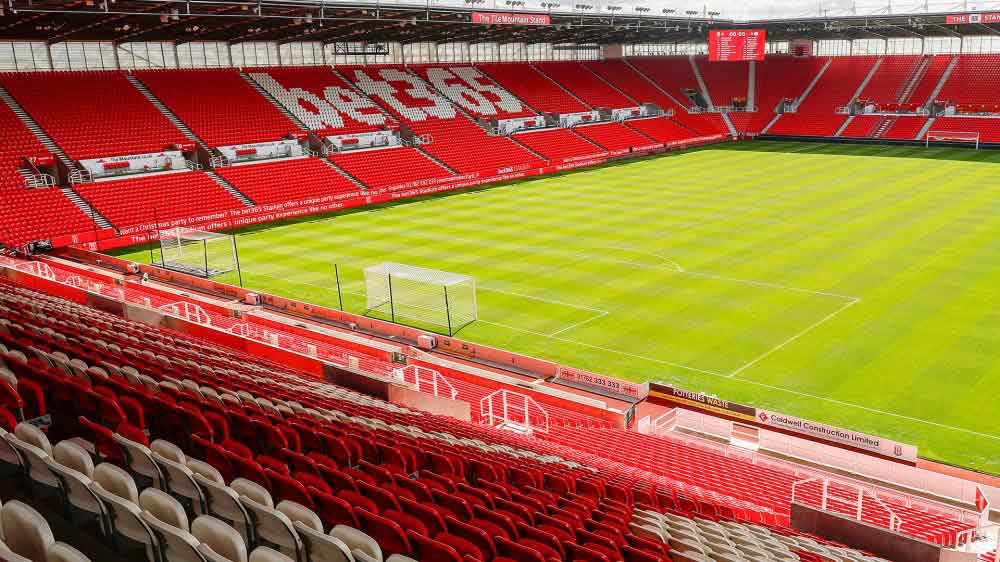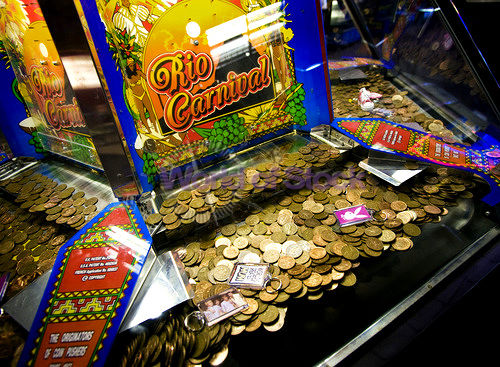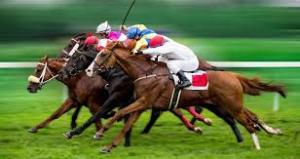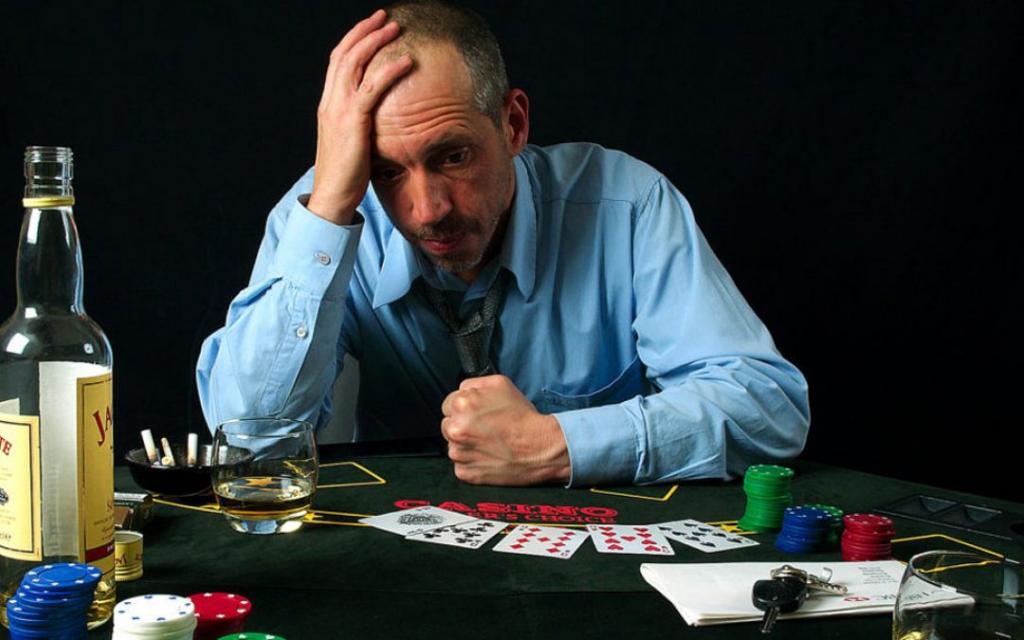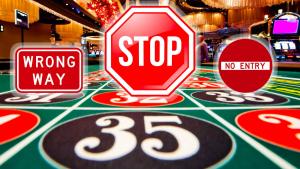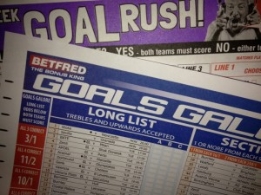Hello all and welcome back to another blog by Bloggie Ben. This month I will be writing about gambling/betting as problem gambling is a big issue within the UK and other countries around the world where gambling is legal. I will go into more detail about what gambling is, how and why people gamble and the effect it may have on those who place bets. I will also provide some statistics around gambling as well as discuss my personal feelings around this topic. Finally, if you were wondering what ‘bookies’ meant it is a slang term for a bookmakers (betting shop). So, let’s get started! What is gambling and/or betting? The Gambling Act 2005 gambling is defined as betting, gaming or participating in a lottery. That definition distinguishes between activities which need to be licensed and other activities which do not. We categorise different gambling activities into what we call sectors: Arcades There are three types of amusement arcade: AGCs and FECs require a licence from the Gambling Commission. UFECs require a permit from the local licensing authority. Gaming machines (fruit machines, slot machines) on arcade premises fall into different gaming machine categories depending on the levels of stake and prize offered. No one under the age of 18 is allowed to enter an AGC or the adults only area of a licensed FEC. There are several different ways in which betting can be offered: You need a licence from the Gambling Commission to offer betting services. The most common form of betting is fixed odds betting where you bet a stake to win a fixed amount calculated by the odds available. For example, a £10 bet at odds of 2/1 would return £30 (£20 of winnings + £10 stake) if successful. If unsuccessful you lose your £10 stake. Fixed odds betting can be offered: Pool betting differs from fixed odds betting as winnings are determined by the sum of stakes paid into the pool. So, all ‘stakes’ made by those betting are added to a ‘pool’ which is where all the stakes are held until the bet(s) are over. The amount you win is calculated by dividing the total amount in the pool including stakes (minus a commission fee for the organiser) by the number of winning tickets. Pool betting includes: Tote Limited held an exclusive licence (their licence expired mid-2018) to offer pool betting in respect of GB horse racing. Tote can, however, give permission for a company to offer pool betting in respect of GB horse racing. A betting intermediary facilitates betting between two or more parties. They do not have liability for the bets but often take a commission fee from the winner. Betting intermediaries can be remote or non-remote. No one under the age of 18 can bet with a licensed gambling business. There is no legal definition of bingo. Bingo is a game of probability in which players mark off numbers on cards as the numbers are drawn randomly by a caller, the winner being the first person to mark off all their numbers. A licence from the Gambling Commission is required to offer bingo. You can run bingo as a prize game without the need for a bingo operating licence in adult gaming centres, family entertainment centres, unlicensed family entertainment centres and travelling fairs. Casino games are available online or in casino premises. Most casinos offer a variety of games, such as American roulette, punto banco (or baccarat) and blackjack. You can also play games of equal chance (such as poker) and gaming machines. A small number of casinos only offer electronic games and/or games of equal chance. There are a wide range of electronic games to choose from. The definition of a casino is “A public room or building where gambling games are played. Casino is actually from the Italian word for house: casa. A casino, is a ‘little house’ or country house.” Raffles, tombolas and sweepstakes are all types of lottery. Lotteries can only be run for good causes and cannot be run for commercial or private gain. Large society lotteries and lotteries promoted by local authorities require a licence from the Gambling Commission. Small society lotteries can operate under a registration with their local authority. Other types of lottery do not require specific permission but there are rules that you must follow, see fundraising and promotions. Lotteries differ from other types of gambling activity in that the minimum participation age is 16 for the National Lottery, society lotteries, customer lotteries and local authority lotteries, as opposed to 18 for other types of gambling. There is no minimum age requirement for other types of lotteries. A gaming machine is defined by the Gambling Act 2005 as a machine that is designed or adapted for use by individuals to gamble (whether or not it can also be used for other purposes). Most gaming machines are of the reel-based type, also known as fruit, slot or jackpot machines. Several devices or systems are excluded from being defined as gaming machines including: What are gaming machine categories? Gaming machines fall into categories depending on the maximum stake and prize available. There is no statutory minimum percentage pay out for gaming machines but all machines are required to clearly display the amounts paid to use the machine that is returned by way of prizes (described as the return to player (RTP) on the machine), or the odds of winning prizes from use of the machine. The dictionary states the definition of gambling is – ‘to play games of chance for money; bet.’ This is ultimately what gambling is, you stake money on an outcome to win more money, if the outcome you selected wins. This is the gamble; because you are not guaranteed to win. You can bet on almost anything ranging from all sports including football, tennis, rugby, horse racing etc. These are known as markets. You can even bet on games where you watch crickets race each other. Yes, you read correctly the insect cricket. Betting can be done both online and in stores at a wide range of different organisations such Ladbrokes, Betfred, Paddy Power and Bet365. Some of the betting companies are online only such as Bet365 and Sky Bet. Betting companies are always trying to attract new customers by giving out special offers, such as enhanced odds on a horse to win where regular customers only get the normal odds. If you do not know what is meant by odds, here is an explanation. Betting odds If you’re new to betting, one of the first things you should do is learn how betting odds work. It’s critically important because it allows you to understand how likely an event is to happen, and what your potential winnings will be. At first, it may appear confusing. What is Probability? The most basic level, betting provides you with the ability to predict the outcome of a certain event, and if your prediction is correct, you will win money. For any given event, there are a certain number of outcomes. Take rolling a dice for instance. If someone rolls a dice, there are six possible outcomes. Therefore, if you bet that the person rolls a ‘one’, there is a 16.67% chance that will happen. What betting odds merely do is present how likely the event is to happen. Bookies most frequently in the UK do this as a fraction, i.e. 4/7, whilst the vast majority also offer the ability to view them as decimals. Using Betting Odds to Calculate Probability Whenever you see two numbers separated by a trailing slash, i.e. 10/1, this is known as fractional odds. From this, you can calculate how likely a given event is to happen with a calculation. For ease of explanation, let’s replace the numbers with letters i.e. 4/1 becomes A/B. Here is the calculation: Probability (%) = B / (A+B). So to make it clearer you are adding the odds together i.e 4+1 = 5. You then take the probability/percentage from the sum which would be 20% This is explained below with some other examples; Given a fraction, we can now tell how likely (the probability) what we’re going to bet on will happen. Using Betting Odds to Calculate Winnings Betting odds allow you to calculate how much money you will win if you make a bet. Let’s use the same examples as before, with the same replacement of numbers for letters, i.e. 4/1 becomes A/B. Quite simply, for every value of B that you bet, you will win A, plus the return of your stake. What About Decimals? Decimals are far more common on exchanges, such as Betfair, but all leading betting sites do give you the option to view betting odds in this format. They are an alternative to seeing betting odds in the fraction format, and in our opinion, are easier to work out. Here is the calculation: winnings = (odds * stake) – stake. Let’s illustrate it with some examples: Decimal Odds Versus Fractional Odds In truth, one isn’t better than the other but there is certainly a trend emerging towards decimal odds. Historically, fractional odds were used in the UK: especially on racetracks and on the high street. There are two key differences. Generally, decimal odds are easier to understand. Based on this, there has a movement to attract more people to horse racing by making it more accessible to the average punter. Ten years ago, if you were going to Cheltenham, all the odds would be displayed as fractional odds. Now, they’re largely all in decimals. The second difference between the formats is that fractional odds only represent winnings, and do not include the returned stake compared to decimals which do include the stake. The transition from fractional odds to decimals largely kicked off with the growing popularity of the betting exchanges such Betfair. For odds to change slightly, it’s really difficult to marginally increase or decrease the probability without creating large fractions which are hard to compute for the punter. In Summary Betting odds represent the probability of an event to happen and therefore enable you to work out how much money you will win if your bet wins. As an example, with odds of 4/1, for every £1 you bet, you will win £4. There is a 20% chance of this happening, calculated by 1 / (4 + 1) = 0.20. Advertising Gambling has become one of the biggest industries in the world and is all around us all the time and most of the time you won’t even notice. Let’s take football for an example – gambling and betting is advertised everywhere when there is a match day especially when the football match is televised. Football teams will often be sponsored by betting companies to appear on their shirts as the main sponsor as well as now sleeve sponsor which first appeared in English football in 2018. On top of this, betting companies will also have advertisements all around the perimeter of the football pitch as well as stands inside the ground to take bets from fans prior to kick off. Betting companies that sponsor a certain club will give supporters of that club enhanced odds or special offers to entice them into betting with their company. If the match is televised there will also be a lot of betting advertisements in the build-up before kick-off and at half time in the match. A lot of the adverts will show a certain bet and the odds to try and get people to bet on it. A lot of the time these bets are harder to win on because they require two different outcomes for it to win. For example, a specific player will need to score first before the other 21 on the pitch, and the team will need to win by a specific score line. A bet like this is known as a score-cast and would look like this – Messi (a celebrated football player) to score first and Barcelona to win 3-1 @ 12/1 meaning a £10 stake would win you £130:00 including your stake. Some football clubs are even owned by sports betting companies and sites. An example of this is Stoke City football club, they are owned by Peter Coates whose daughter Denise is chief executive and founder of Bet365 the world’s biggest online betting site. Denise Coates earns a salary of £265 million per year and has a net worth of $6.6million. Mr Coates has been listed as the 25th richest person in British football. Football shirts bought by fans will all have the betting logos added to the shirts unless they are purchased for a child or young person under the age of 18. They cannot have anything related to gambling on their shirts as they do not meet the required age to gamble. Some countries such as Italy do not allow betting companies to sponsor clubs as they do not want children and young people exposed to betting and gambling as a lot of them will watch football each game week. This means that when teams from the UK who are sponsored by betting companies play in Italy in European competitions, they must remove their sponsor from the shirt or replace it with a more suitable sponsor such as a charity. This happened recently when Wolverhampton Wanderers played Torino in Italy in their European knockout game. Children Gambling Children and young people are also exposed to gambling at an early age via arcades. They spend money on arcade games in order to win tickets to collect and put toward prizes that are available within the arcade. This may all seem like a bit of fun, but some children become obsessed with winning and this can lead to problem gambling at a later stage in life. There are even gambling machines that are made for children where they can win money but the jackpot for these machines is £5:00. This again will teach children to use gambling machines at an early age. It could also confuse them why they are only able to play those machines, as in some establishments such as some pubs – the machines are not in an over 18 area meaning children could easily access them if not watched carefully. As it is against the law for children and young people under the age of 18 to play licensed machines, this could get both parents and the owner of the establishment into a lot of trouble. United Kingdom Gambling Statistics In-play markets are markets that are live and have already begun. An example of this would be betting on a race that has already started or a football match that is currently live. Headline Statistic Findings Gross gambling yield (GGY) is the amount retained by gambling operators after the payment of winnings but before the deduction of operation costs, excluding the national lottery. The total GGY of the Great Britain gambling industry was £14.5 billion. The total GGY for the remote sector was £5.6 billion & the total GGY for remote casino category – slots was £2.0 billion. There are around 106, 670 employees in the UK within the gambling industry with a total of 8,423 betting shops in the UK (last updated September 2018). This has lowered by 1.5% since March 2018. This is due to the rise in popularity of online gambling. There are a total of 1,639 licensed arcades in in Great Britain as well as 650 bingo premises, 152 casino’s and 183,813 gaming machines. In a poll taken by www.beatingbetting.co.uk it shows the percentage of people who like to bet when watching a certain sport of their choice; Those aged 18-24 were significantly more likely to believe they were profitable sports bettors, with 58.5% of this age bracket saying they turned a profit by betting. This number is 36.4% for those aged 25-34, 27.7% for those aged 35-44 and 29.7% for those aged 45-54. Those aged 18-24 are also betting in bigger quantities than any other age category. 52.3% of bettors in this category are risking more than £10 a month, with this figure being 48.1% for 25-34, 42.5% for 35-44 and 41.5% for 45-54. 12.2% of those in the 18-24 category are risking more than £100 a month on sports bets. This figure is 9.3% for 25.34, 7.8% for 35-44 And 7.9% for 45-54. Those in middle income brackets were 21% more likely to bet on sports than those in low income brackets and 12% more likely than those in high income brackets. Of those that never bet on sports, 81.2% also never play games such as blackjack, roulette, slots or bingo. In comparison, those that bet on sports sometimes were 3.2 times more likely to gamble on casino games, and those that bet regularly on sports were 3.9 times more likely. Support with Problem Gambling Problem gambling is a big issue in the UK as betting becomes more popular and more people become addicted to gambling. It can harm your health and relationships with others as well as leave you in serious debt. How do you know if you’re a problem gambler? Here is a quick test via a questionnaire; If your total score is 8 or higher you may be a problem gambler (NHS) The AoC can support you if you are having difficulty with a gambling addiction. We have professional, qualified counsellors and therapists who have vast experience with this and many other issues including anxiety and stress. We can offer our support in 1-1, couple, family or group capacity via counselling sessions. Research shows that cognitive behavioural therapy (CBT) is the most successful therapy for gambling addictions and we have multiple CBT counsellors here at The AoC as well as a wide range of other therapeutic modalities that can be used to support you. Our award-winning service is affordable and easy to refer to. We only require our referral form to be completed and returned to us where it will then get processed and passed onto the best suited therapist/counsellor. We pride ourselves on having a minimal waiting list and aim to see all clients referred in no longer than a week. So if you need help and want to beat your addiction and turn your life around please follow the link to download and complete our referral form – https://www.theaoc.org.uk/what-we-do/self-referral-therapy-forms/ Alternatively, you can contact us via phone or email or even through our website live chat; Other options available to you are; Gambling Therapy are a global service offering free practical advice and emotional support to anyone affected by gambling. Based in Dudley. GamCare offer free information and support for problem gamblers in the UK You can call the National Gambling Helpline to see how they can help on – 0808 8020 133 Gamblers Anonymous UK runs local support groups that use the same 12-step approach to recovery from addiction as Alcoholics Anonymous. These support groups can also be offered to family and friends who have been affected. Self-exclusions – Problem gamblers can self-exclude themselves from betting shops. They can self-exclude from either each separate betting company they gamble with or from multiple companies at the same time. To do this they must speak to a member of staff at the venue and ask for further details. If online, look for the ‘Responsible Gambling’ section of the website or the help section. If you want to self-exclude from online gambling then you can visit GAMSTOP (www.gamstop.co.uk) which is currently available as a multi-operator self-exclusion scheme to UK and NI residents. It does not yet cover all gambling websites. A list of participating online gambling companies is available on their website and this is continually updated as more companies join the scheme. It will become a fully national online self-exclusion scheme in due course and anyone registering now will be automatically excluded from all companies once this takes place. Until all the companies are participating, you should also self-exclude individually from the websites you currently use and others you might use in future if they are not listed as participating in the national scheme. All online gambling websites must provide a facility for you to self-exclude from that company. This can usually be found in the “Responsible Gambling” section of their website, or through your personal account page. Call the customer services number on the website or email them if you need help with this. Some online betting companies will let you set limits on betting if you are not wanting to self-exclude. This can also be found in the settings of your online account. My Views & Experiences of Gambling I myself like to bet on mainly football as I’m a big football fan and like to think I can predict how football matches will finish. However, this is more difficult than it seems. I stick to a weekly amount of £20:00 to use on bets for the football matches over a weekend ranging from Friday to Sunday and so far, this year I have done quite well and am in a comfortable profit. I do tend to bet on other sports at certain events such as horse racing at the Cheltenham Festival and on The Grand National which is one of the biggest horse racing events held in England. I rarely bet on any other sports as I am not too knowledgeable about them and would be guessing on the outcome or betting on the favourite due to the shorter odds. I also bet weekly on the Irish lottery to predict 3 numbers out of 6 ranging from 1-47 to win around £700 from a £1:00 stake on each draw (there are 3 draws twice a week) taking my total spend on the lottery to £6:00 per week but the opportunity to win from £701:00 – £4,206:00. However, it is difficult to win on one of the draws let alone all 6. I enjoy betting as I like to watch my bets as watching the sporting event which is 9.9/10 football. I first started betting with my dad when I turned 18 just putting £1:00 on a few football matches and watching them in his pub at the time. I won on my first ever bet and winning around £300:00 from a £1:00 stake. My dad was stunned and was asking me for tips! As I built up my knowledge of betting and gambling, I started to have more types of bets on the different markets for football such as the match result, both teams to score (yes or no) first goal scorers. There are so many different bets you can have on a single game of football and even then, you can combine then with other games which would make the odds greater. When I was around 19 and unemployed, I was interested in working in a betting shop and did an 8-week course on gambling and betting in shops. It gave me a real insight gambling as whole from multiple perspectives. In the end I never pursued a job in the gambling industry, but I did find it very interesting. I rarely go over my £20:00 limit set for gambling but can see why it is easy for others to do so or become addicted to gambling. The gambling organisations whether online or in physical form make so much money each day, week, month and year they can afford to advertise everywhere as often as they like as well as sponsor huge football teams across the world (where allowed). For those that watch sports I feel its easier to become addicted as betting as become a huge part of sport in the UK as it’s constantly advertised throughout live events and when you’re at the event yourself. This is bad for those who do have a problem as the temptation is always there to gamble whether it be on the sports you’re watching or not. I think betting companies should be limited to the adverts they show at least so it’s not in our faces as much as it currently is. I did meet a friend of a friend who I felt had a problem gambling but didn’t know well enough to discuss with them. They would be betting 7 days a week on all sorts of markets ranging from the usual horse racing to stranger markets such as beach volleyball then knew nothing about. It came to light this person was sitting up at night watching streams via the betting websites of football games from countries such as Azerbaijan where again they knew nothing about the teams, the league or anything to do about sport in that country. I recall one time I was in the pub with this person and they even tried to bet with me on which way the next bus would pass… I instantly laughed thinking they were joking as they stood staring waiting for my answer. I obviously declined and that’s when it became clear, they had a problem. I don’t see this person anymore but have heard they have settled down and started a family which is good, I can only imagine the difficulty they went through to beat their addiction. Betting and gambling can become very dangerous and I think as the saying goes “there’s only one winner” and that’s the betting companies as they continue to make huge profits from others’ losses. Thanks for reading. Bloggie Ben.
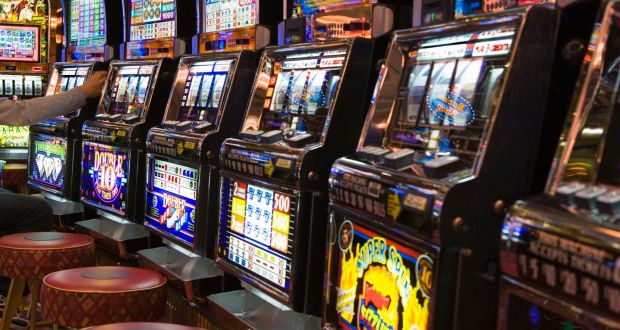
Betting
Fixed odds betting
Pool betting
Betting intermediaries
Age restrictions for betting
Bingo
What is bingo?
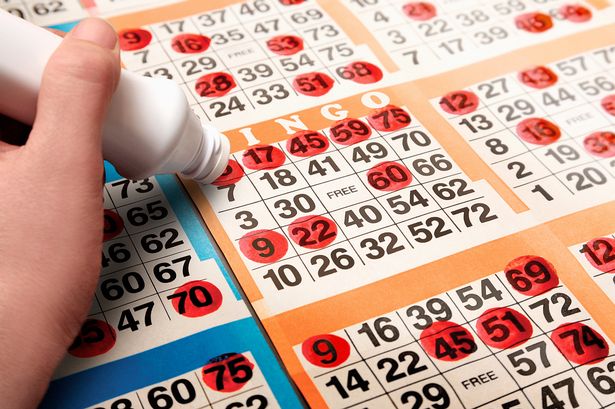
Casinos
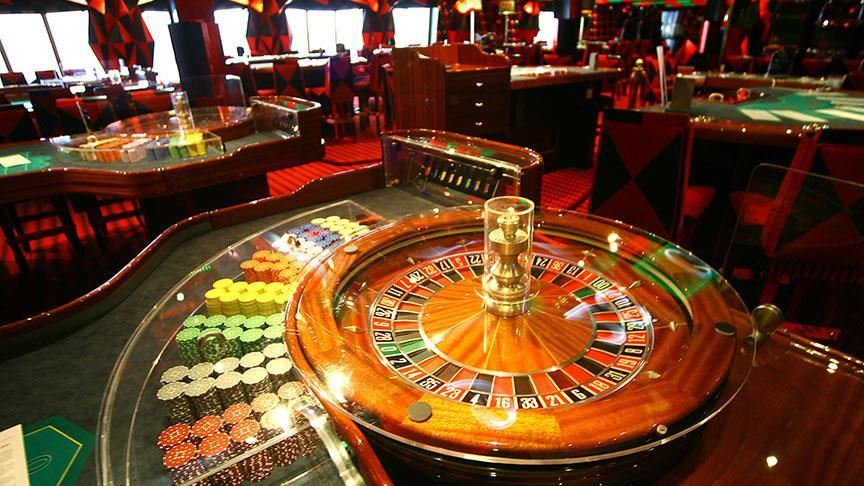
Lotteries
Age restrictions for lotteries
Gaming machines
What is a gaming machine (fruit machine, slot machine)?

